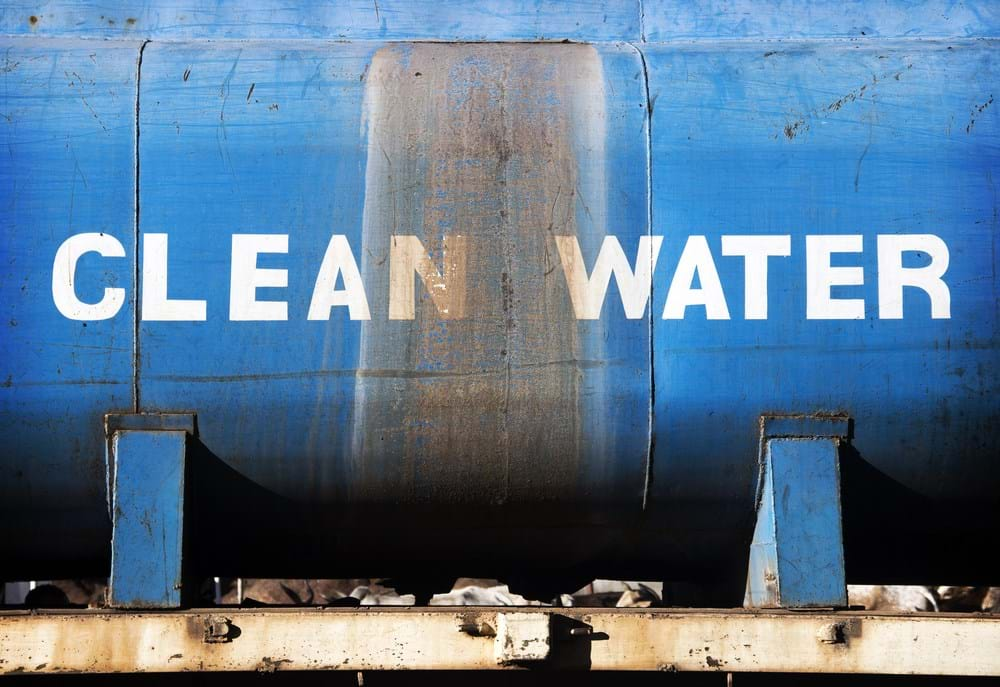Influencing policy: addressing sustainable energy and water challenges

4th November 2019
In our latest ‘Influencing policy’ blog, IChemE Energy Centre member Tekena Fubara explains the complexities behind transitioning to robust, sustainable energy systems in order to meet international carbon reduction targets.
Also, we explore the role of advanced oxidation processes for sustainable water management, which could be used as evidence to inform policy-makers working on a new Environment Bill.

Tekena Fubara, a member of IChemE’s Energy Centre board, represented the centre at a UN meeting focussed on the mechanisms for accelerating the transition to sustainable energy systems.
Based on the data presented, fossil fuels account for 80% of today’s energy supply in the UNECE region.
Even under a scenario that meets the 2°C target, fossil fuels will still represent 40% of the region’s energy mix by 2050 - far from a net-zero world.
Fubara said: “To be able to attain sustainable energy at the same time as meeting the 2°C target, a radical disruption in the energy sector with meaningful outcomes achieved over the next five years will be obligatory.”
Nonetheless, it is important to recognise that all technology options will play a role in countries developing pathways to a robust and sustainable energy system.

Another issue discussed at the meeting, is that the energy industry is perceived as a commodity business. The industry’s existing assets, organisational infrastructure, regulations and policies, are shaping decisions about its future direction because today’s structures are expected to endure.
Therefore, Fubara noted, it is important that the chemical engineering community starts seeing the energy industry as a collection of service industries. Such a reconfiguration would promote innovation, investment and improved energy productivity.
Lastly, there was an interactive demonstration session on energy transition tools. The toolkits, developed by the World Energy Council, Institute for Advanced Sustainability Studies and Global Climate Forum, are designed to assist stakeholders, and could also benefit chemical engineers, in analysing and addressing energy transition challenges.
For more information and to access these tools, visit: https://bit.ly/2pDOmRV. To read Fubara’s report from the meeting, visit: https://bit.ly/2N4fZf8
Sustainable water
A member of IChemE’s policy team attended a conference hosted by the Royal Society of Chemistry in October on the role of the chemical sciences in facilitating the sustainable supply and treatment of water.
Presentations covered policies, strategies and technologies for the supply of safe water whilst minimising the environmental risks and costs of providing and treating water.

He outlined that factors influencing the cost included the types and concentration of contaminants, targeted percentage removal, desired water flow rates and pre-treatment and/or post treatment.
He stressed that reactive species generated in AOPs can destroy key functional groups of so-called contaminants of emerging concern. This can potentially decrease or increase their toxicity or bioactivity and hence there is a need to carefully assess the selection of the most promising AOP for a target application.
The evidence presented in the workshops will help us inform policymakers, particularly as a new Environment Bill is working its way through parliament in the UK.
Consultations
IChemE has been hard at work with our members on a number of consultations, which have recently been completed. Reports will be published in due course.
- Carbon capture, usage and storage (CCUS): business models
- Regulated asset base (RAB) model for nuclear
- Standards for bio-based, biodegradable, and compostable plastics
- Developing a national food strategy
For more information visit our policy briefings and consultations section of the website.
We work with many of our members in a multitude of policy areas, sharing knowledge and providing evidence to inform policy-makers in order to help shape the development of national policies that affect chemical engineering.
Following feedback from our member engagement survey, we are bringing you regular updates on this work in our ‘Influencing Policy’ blog series.
Read our recent blog of the series: Influencing policy: pushing R&D investment and the food agenda
The above article also appeared in the latest issue of The Chemical Engineer magazine.